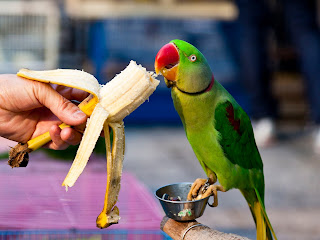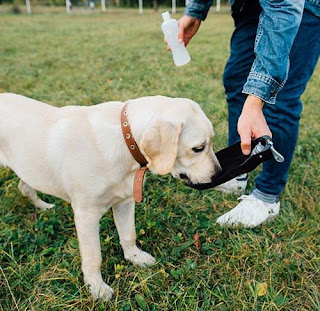Cats spend around 15% of their lifetime just grooming. Looking closely at your cat’s tongue, you will notice that its surface is like sandpaper, which helps in getting debris and dirt off her coat when grooming. This leaves her hair coat shiny and clean. There are times though when cats will need help from their owners when grooming. The length and type of hair coat on your cat is the primary determinant on how often you should brush her. Short-haired cats could just make do with a supplemental brushing perhaps once, maybe twice, a week, but long-haired cats may need to be brushed daily. Brushing can help in the prevention of matted hair, and remove tangles. Matted hair can make your cat’s coat appear dull and scruffy, and tangles could pull on your cat’s skin that can trigger discomfort and even pain.
Some health issues can also be avoided if you regularly brush your cat’s hair coat. Hair that is left to clump thickly can trap water, become moist underneath, creating a breeding ground for infections. A densely matted spot of hair may need to be cut off from your pet, but do not do it yourself with scissors, because you might end up injuring your pet, scratching, or wounding.
Any sign of skin and/or hair coat problem
should prompt a visit to your vet clinic Webster, NY. Or visit this website All Cats Care Center and set an appointment.






